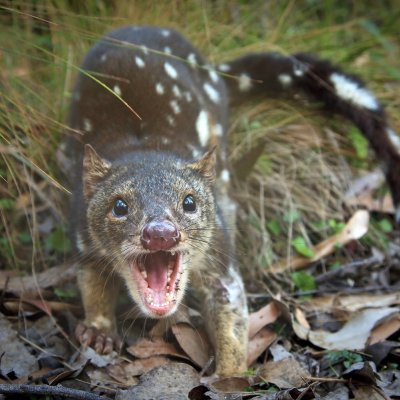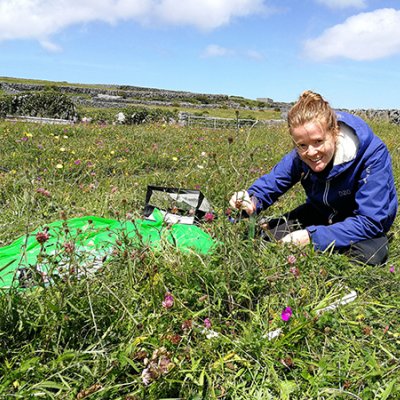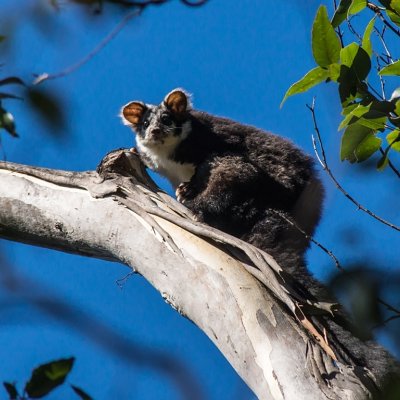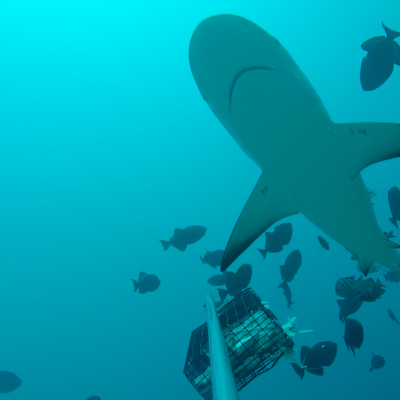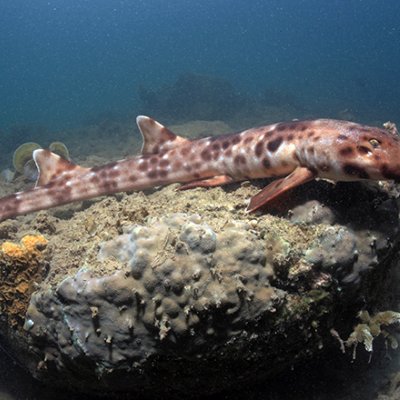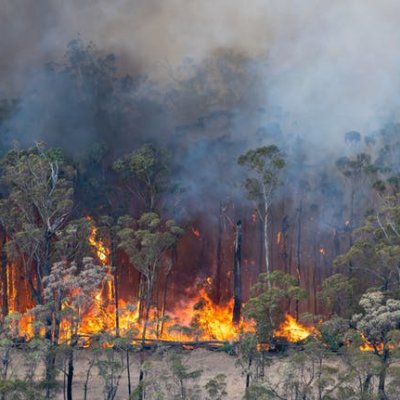A new approach to compensate for the impact of development may be an effective alternative to biodiversity offsetting – and help nations achieve international biodiversity targets.
12 February 2020Plants that break some of the ‘rules’ of ecology by adapting in unconventional ways may have a higher chance of surviving climate change, according to University of Queensland-led research.
10 February 2020University of Queensland researchers have developed a framework that aims to reduce the mining industry’s impact on climate change by accounting for sources and sinks of greenhouse gas (GHG) emissions.
4 February 2020Drastic ecosystem interventions like eradicating an unwanted species can sometimes backfire, but new University of Queensland-led modelling may help to avoid these ecological hiccups.
29 January 2020‘No-take’ marine reserves - where fishing is banned - can reverse the decline in the world’s coral reef shark populations caused by overfishing, according to an Australian study.
24 January 2020Four new species of tropical sharks that use their fins to walk are causing a stir in waters off northern Australia and New Guinea.
21 January 2020More than one billion mammals, birds, and reptiles across eastern Australia are estimated to have been affected by the current fire catastrophe.
20 January 2020University of Queensland academics have discussed a number of issues that have emerged during Australia's unprecedented bushfire season.
10 January 2020The protection of Australia’s threatened species could be improved by a factor of seven, if more efficient ‘umbrella’ species were prioritised for protection, according to University of Queensland research.
7 January 2020- ‹ previous
- 3 of 3
